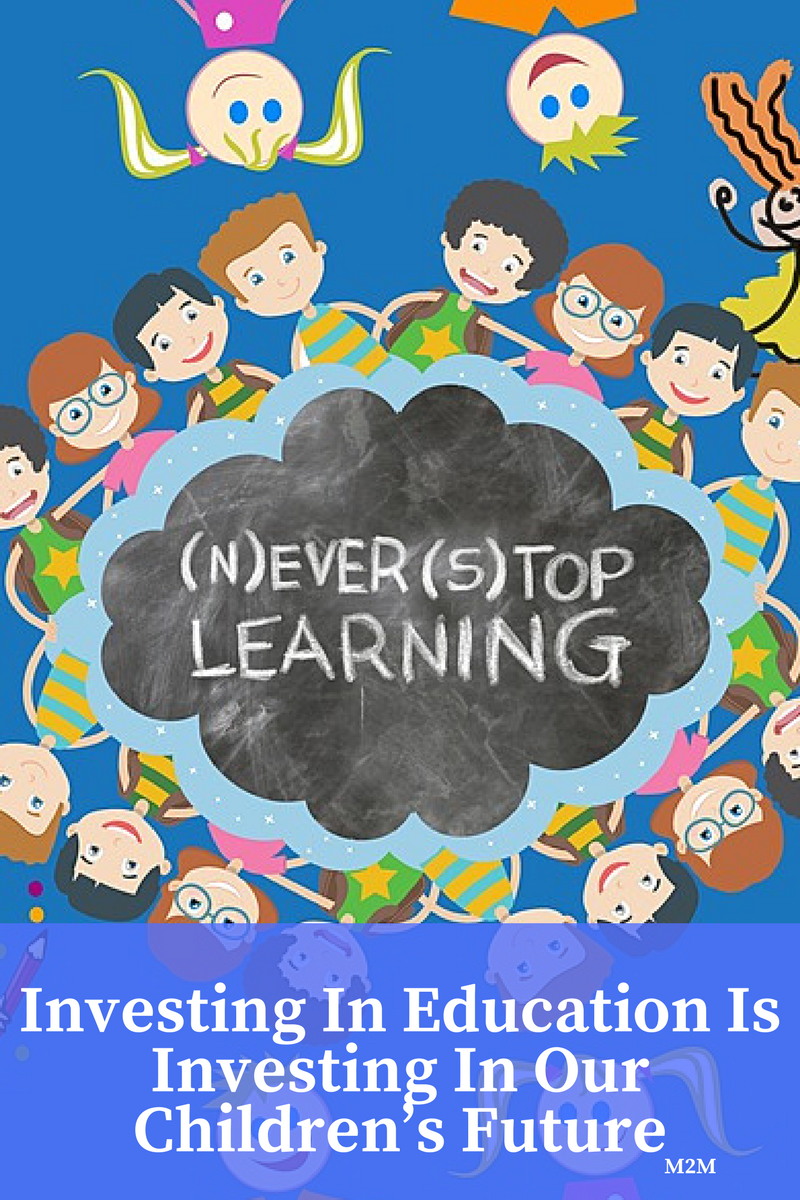Today, I’m sharing parenting advice on the benefits of a graduate degree. Unfortunately, the global pandemic has confined most of us to our homes. With a quarantine in full swing, parents are finding their groove balancing work and homeschooling. We should all be proud of what we have achieved during this difficult time.

While many households have young children and are helping with their development, however, many young adults are contemplating their future. Especially, those who have recently finished their college degree and are ready to head out and start a career. Since the economy is not in a great place, now might be a great time to discuss the benefits of a graduate degree.
College degrees are a great stepping stone into a new career, but a graduate degree does offer several benefits.
Here are a few benefits of a graduate degree:
- Potential to earn more
- Opens doors to better positions
- Gives international recognitions
- Higher potential for promotion
- Access to advanced equipment and technology
The business world is a highly competitive environment. It also requires tremendous dedication. Obtaining a graduate degree can take anywhere between two and seven years to complete. This could add a lot of pressure to the family. Especially, if your child is thinking about starting their own family.
However, education is the key to opening many doors. So, we should speak to our children about their options. If they have decided this is a route they want to take, it’s a good time to prepare them for the work ahead. Researching degrees, speaking to other graduates and building a network is important steps to take.
Supporting your child through this stage of their education is going to be challenging. It’s unlikely that you can help them with my GRE exam preparation.” So, your role is going to be one of emotional and financial support. For example, supporting them through difficult times when they may feel like giving up. Making sure they eat when they are busy with their thesis. Of course, there is also going to be substantial financial cost involved too.
There are lots of resources online that can help both your kids and you through this stage of their education. Once you know the Grad school your son or daughter will be attending, you might find there are Facebook groups for the families of students. It can be a useful tool to help you discover how best to support your child.

It’s also worth looking at the local area if your child will be moving away from home to study. It may not be possible to do this physically, but you can take a virtual tour of most cities and locate the local amenities. Google street view is an excellent way to do this.
Finally, prepare yourself for the goodbyes! This step is the last of many before your children become adults. So enjoy every moment you get to share with them!




















